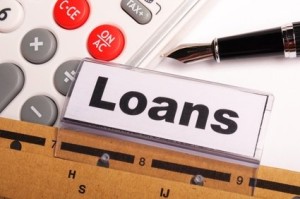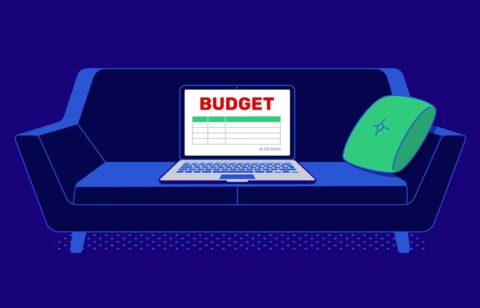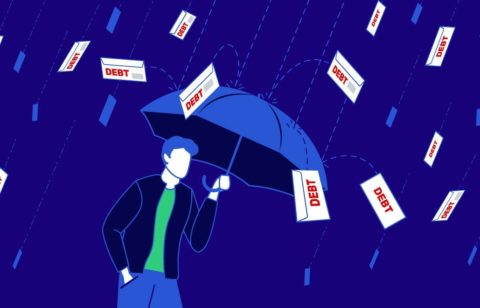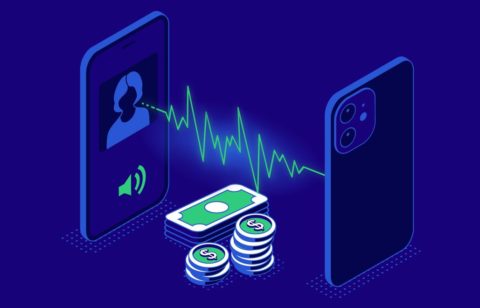Today’s interest rates on short-term investments like savings accounts, CD (certificates of deposit) and money markets remain stubbornly low. In fact, it’s tough to get more than a 0.80% return on those investments – though they might still be your best bet. However, depending on your savings goals, you may want to get a better ROI (return on investment).
Two basic rules about investments
For a higher return on your investment, there are two basic rules you need to be aware of. The first is that you will have to tie up your money for a longer period of time. For example, you might be able to earn a better interest rate on a certificate of deposit if you were to buy a 5-year CD vs. a 6-month or one-year CD. As examples of this, Eve Bank offers a 5-year CD with an interest rate of 1.86% and iGOBanking has one with a 2.05% interest rate. Of course, neither of these will set the world afire, plus it’s important to remember that you would be tying up your money for 60 months.
Take more riskier investments
The only other way to get a better return on your investments is to take more of a risk. You could buy bonds, which are considered to be safe because you’re actually loaning money to a company on which it must pay interest. Unfortunately, if interest rates do go up, bonds become a riskier investment – especially for short-term investors.
Mutual funds
Mutual funds can generate a nice ROI but only over the long term. In the short-term, they can be a risky investment because they can go up and down from day-to-day. The fund you buy today at $36 a share might be worth $30 a share next year or $40 a share. It’s just hard knowing. If you’re not familiar with mutual funds, here’s a short video that explains what they are are.
However, in the long term stocks tend to be a good investment. Since World War II stocks have increased an average of 10% per year, which is well above the return you would get on just about any other investment, including real estate.
Take a flyer
As noted above, about the only way to get a better return on your money is to take more of a risk. If you have money you could spare (i.e., treat as a gamble) you could become involved with Forex and speculate on foreign currencies. We have a friend who has purchased millions of dollars worth of Iraqi Dinars with the hope that they will eventually reevaluate upwards and he will make hundreds of thousands of dollars. Of course, this is sheer speculation and it may or may not ever happen.
Other risky investments
If you’re really willing to gamble, here are 10 other risky investments.
- Lottery tickets
- Collectibles
- Previous metals (gold, silver, platinum)
- Cash value life insurance
- Timeshares
- Art
- An interest bearing checking account
- Microcap stocks
- Futures and options
- Any investment sold as a “sure thing”
Pay down debt
If you are staring at a big lump of debt, the best investment you could make would be to pay it off. You don’t believe us? Just do the math. Let’s say your debts are costing you an average of 19% APR. This means if you owed $20,000 and wanted to pay it off in three years, your monthly payment would be $747 and you would pay $10,880 in total interest. You would pay back a total of $35,880 on that $20,000 of debt. The $10,880 in total interest divided by three years is about $3600 a year. Can you imagine any low risk investment that would return $3600 a year on a $20,000 investment? We certainly can’t.
Paying off debt with a loan
There are a number of ways to pay off debt but some of them are real “foolers.” For example, some forms

of debt consolidation are not at all ways to pay off debt – short term. For example, a debt consolidation loan might get you debt free but it would likely take 5 to 7 years. Plus, when you take out that loan you will not really reduce your debts. You’re simply transferring them from one set of creditors to a new one. You probably would get a lower interest rate and a lower monthly payment but you’d end up paying more in interest over the life of the loan because of its longer term.
Consumer credit counseling
A second way to become debt free is consumer credit counseling. If you’re not familiar with this, it’s where you go to an agency or company that helps you develop a debt management plan (DMP) for paying off your debts. If you stick with the plan, which is not a given, you might become debt free but it will probably take five years.
Paying off debt via debt settlement
Many American families have turned to debt settlement as a way to become debt-free because it represents the only alternative for getting your debts reduced. And it could help you become debt free in just two to four years. If you are not familiar with debt settlement, it’s where you contract with a company that then negotiates with your lenders to get your balances reduced. In many cases, a good debt settlement company can get debts reduced by as much as 50%. This would cut that hypothetical $20,000 in debts down to $10,000. Plus, you would be presented with a payment plan that you would be required to approve before the company charges you anything for its services. In fact, if you talk with a debt settlement company that requires upfront fees, run a way. It might actually be a scam. In fact, the Federal Trade Commission has filed suit against a number of these companies over the past few years for that reason as it illegal to charge upfront fees before settling a person’s debts.





